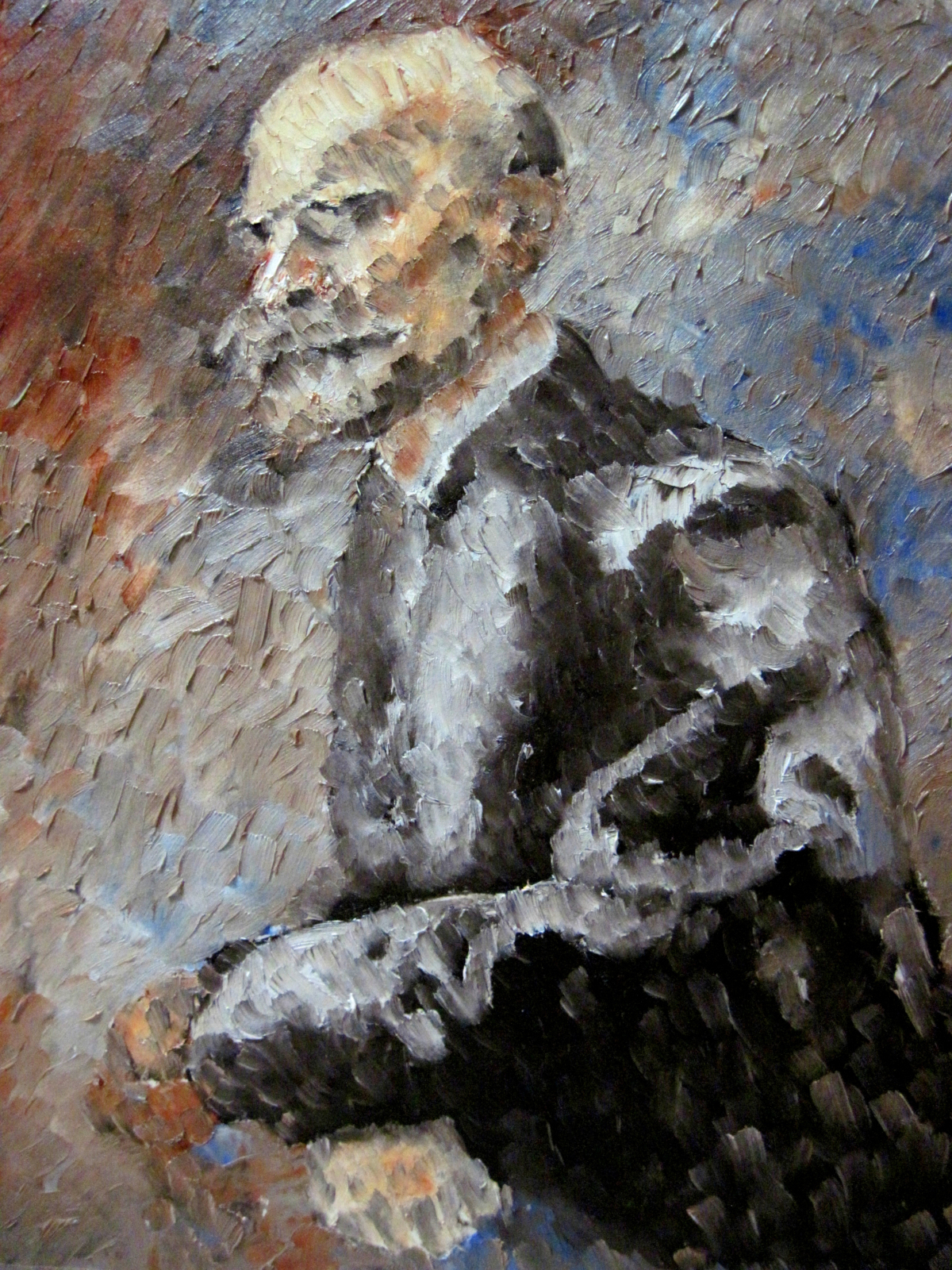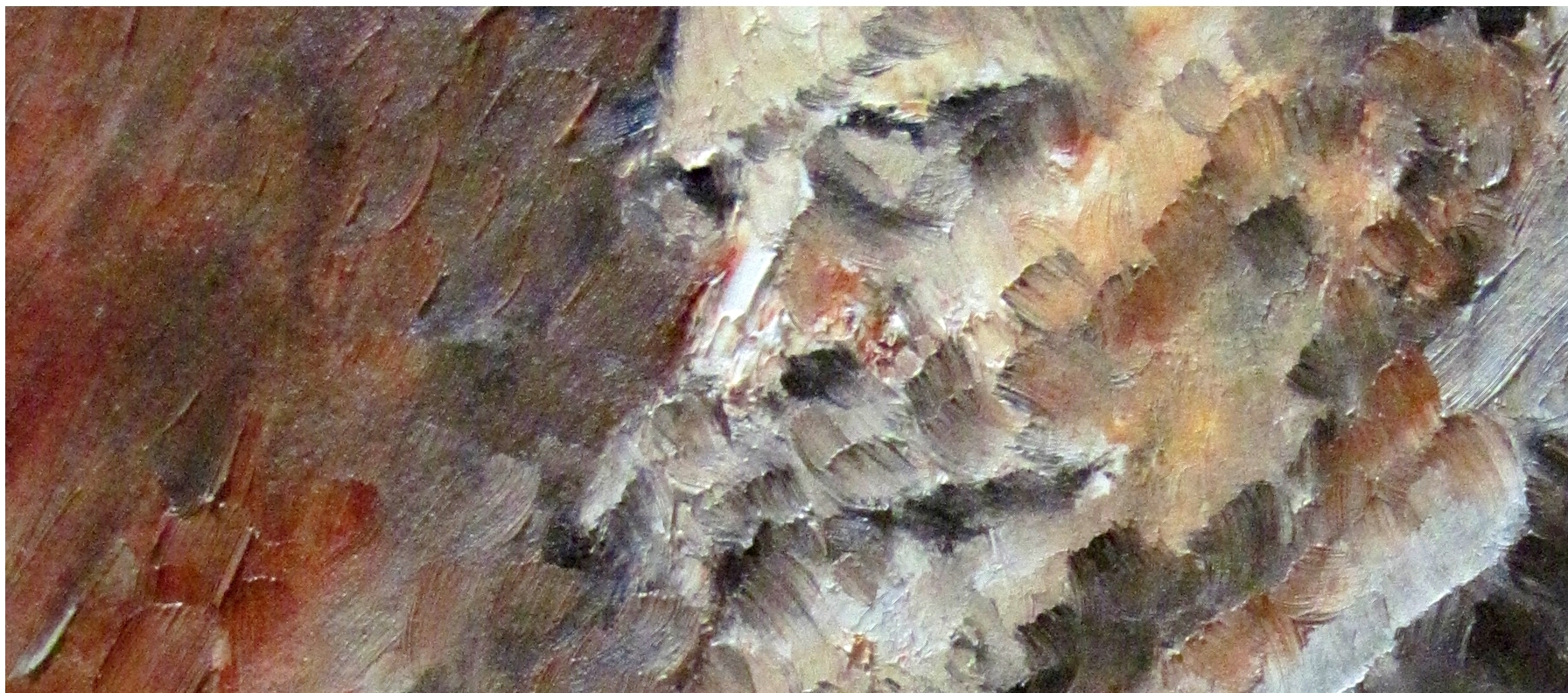Towards Network Solidarity

2021 feels like living in the future. 2020 didn't feel that way, but 2021 does. This future has some dystopian qualities. The masks make everybody look like video game characters. Public conflicts are underwritten by the threat of further civil unrest. But this future is not all doom and gloom.
In this strange moment we're in, a new billionaire class swims in record profits while record numbers of small businesses vanish. Bill Gates now owns 242,000 acres of farmland. That's more than anybody else owns. He will hopefully use the land in sustainable ways that mitigate climate change and are in no way creepy. But he can use it however he wants.
The rise of the billionaire class coincides with a comparable rise in the power of human networks. Online, millions of people can now band together around issues of common concern instantaneously, for better or worse. This ability to electronically swarm has no cultural precedent. It may be years until we learn to use it wisely.
Billionaires and crowds are like wild cards thrown into the mix of societal power relations. And these relations are, themselves, changing very quickly. Few people pretend that the power of government derives from the consent of the governed anymore. Corporations nakedly prioritize shareholder returns over the interests of their workers and customers. Ethics in governance have given way to special interest appeasements. Ethics in media have been crushed by partisan nonsense. These things and more move society in a particular direction. They also produce anomie in the population. From Wikipedia:
Anomie is the feeling that arises "from a mismatch between personal or group standards and wider social standards; or from the lack of a social ethic, which produces moral deregulation and an absence of legitimate aspirations."
The term comes from the sociologist Emile Durkheim, pictured in the oil portrait above. Durkheim also offers us the terms 'mechanical solidarity' and 'organic solidarity' to help describe societal transitions. Mechanical solidarity is the cohesive social order that comes about when a culture is homogenous, and when kinship-group-centered individuals all share assumptions, lifestyles, and beliefs. As society becomes more complex, it becomes heterogenous, and labor becomes increasingly more specialized. 'Organic solidarity' then replaces the prior social cohesion with bonds of interlocking material dependencies.
The transition from 'mechanical solidarity' to 'organic solidarity' is described in: Durkheim, E. (1997). The Division of Labor in Society. New York, NY: Free Press.
While Durkheim acknowledges that anomie and social pathologies arise from this upending of the social order, he believed these to be temporary problems in an otherwise perfect march towards progress from primitive to advanced. Time has proven this belief to be unwarranted. Nonetheless, I find it interesting that Durkheim looked at social consciousness like an evolving phenomenon. If we started with mechanical solidarity and progressed to organic solidarity many decades ago, is there a new form of solidarity that comes along with technological advancement's more recent upending of social order?
I think there is. I think it's network solidarity.
The digital swarm is just one expression of network solidarity consciousness. Other expressions of it inform games and markets. We're just beginning to explore the potential of this consciousness. Whenever I experience anomie, I try to think about that.
Below is a closeup of the Durkheim portrait to show the fun brushwork.
